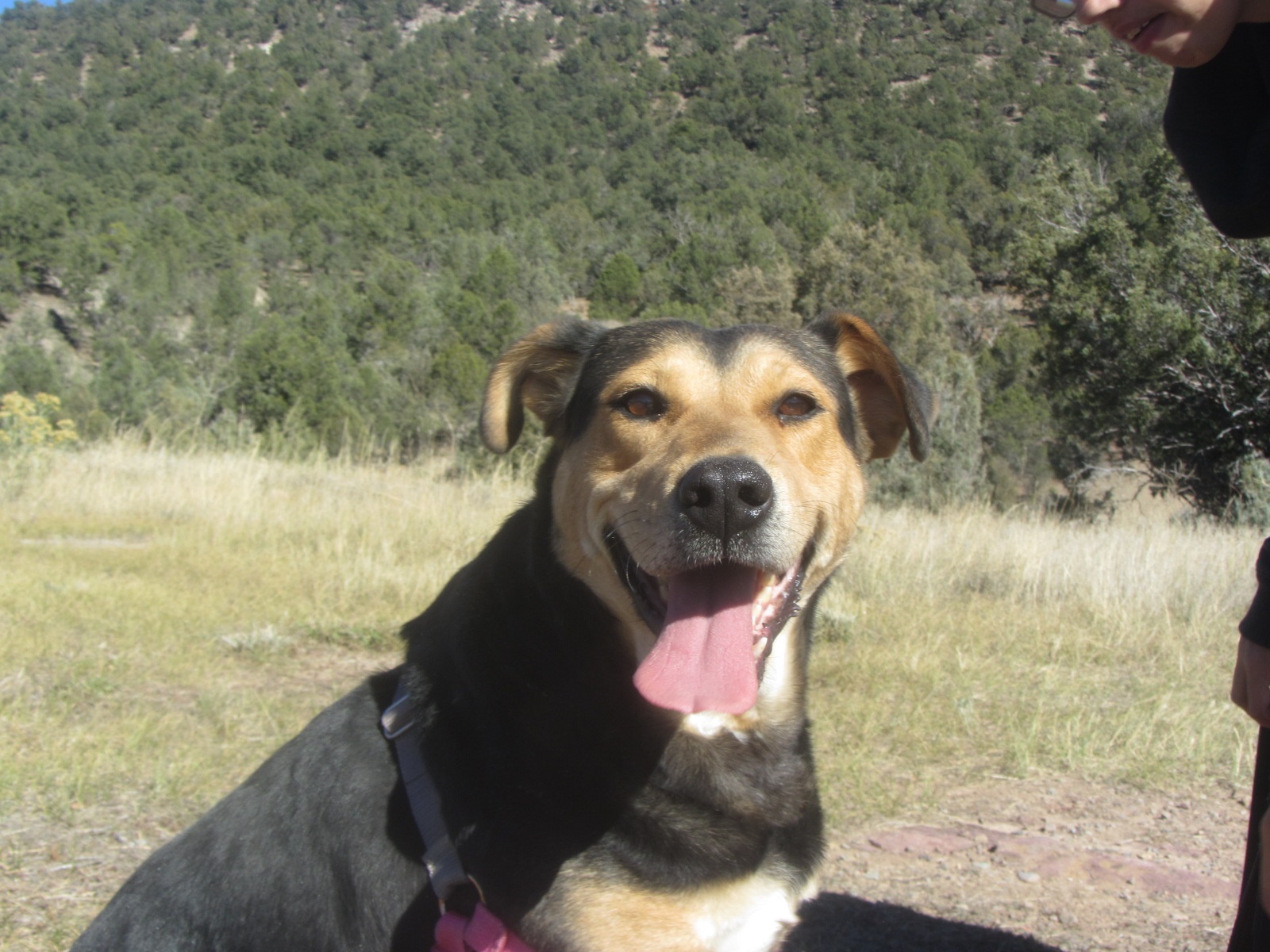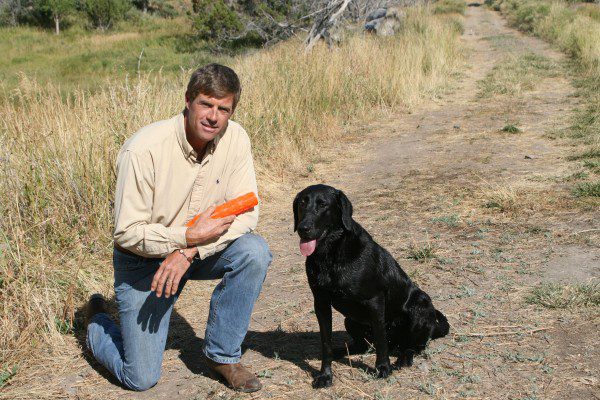
09 Nov Second Chance: A Microchip Is Your Friend
My name is Glory, a homeless dog here at the Second Chance Humane Society Shelter. I am one of many pets who arrived without any identification, making it pretty difficult for me to be returned to my family. The lesson of the Pet Column today: what happened to me is preventable. One word: microchip (or is it two words???).

Glory
With approximately 7.6 million companion animals ending up in shelters across the country each year (and 2.7 million euthanized), keeping a form of identification on your pet is a simple remedy. But sadly, only about about 649,000 animals who enter shelters annually as strays are returned to their owners – out of 7.6 million!
But we have the ability to easily transform these dreary statistics through the simple device: a microchip. For readers unfamiliar with the microchip, they are harmless and very tiny, the size of a grain of rice. They are implanted quickly and painlessly into subcutaneous layer of your pet’s skin. The serial number they are encoded with can be read by a scanner and tracked immediately to the pet parent listed in the database.
Despite rumors to the contrary, regular microchips do not have GPS capability to locate a missing pet (although those do exist now…), nor can they be accessed by a satellite, so your pet can not be tracked by a government entity or identified beyond a range of about three to 12 inches. A microchip implant does help to recover lost pets turned into an animal shelter, animal control, veterinarian’s office, or any entity utilizing scanners to identify lost pets.
As with any ID method, it is imperative for pet parents to keep their database information current. More than once, pets have arrived at Second Chance with a microchip that did not link to a working phone number or address, thus rendering it useless.
Consider microchipping your pet as an insurance policy for your animal’s return if ever lost. Even for pet parents who are diligent about keeping their pets in collars with I.D. tags – pets often “Houdini” out of their collars. Additionally, cats are less likely to find their way home once lost because they are less likely to be given collars and identification tags by their parents.
Now a little more about me and all my Glory…I am a two-year-old, female Lab/Fox Hound mix, known as a Foxie Labrahound. I am super friendly and haven’t met a person or dog I don’t love. I also happen to come with a great sense of humor, brains and beauty. And, like all Second Chance shelter pets, I have recently been microchipped, so after you adopt me, you will never lose me. Now you just have to come and adopt me…

Panise
And, before you go, let me introduce the cat of the week. Her name is Panise. She is only three-months-old and was abandoned. So a microchip wouldn’t have helped her in this case – but now that she has a chip, it will keep her from being homeless again in the future. Now all she needs is a new home. The kind of home that is seeking a gentle quiet cat for purring and snuggling purposes.
Editor’s note: It’s no secret. The Telluride region is dog heaven. Well, pet heaven. Unless you are one of our furry friends who gets caught in the maw of neglect and abuse. Then heaven is on hold until Second Chance Humane Society comes to the rescue. Second Chance is the region’s nonprofit dedicated to saving animals’ lives and promoting responsible pet parenting and human-animal bond. In her weekly blog, executive director Kelly Goodin profiles at least one, generally two of the many animals now living at the no-kill shelter, Angel Ridge Shelter, a dog and a cat, hoping to find them loving permanent homes. The column is sponsored by Ted Hoff of Cottonwood Ranch & Kennel, who from time to time exercises his skills as a dog whisperer, partnering with Kelly and her staff to help train a particularly challenging animal.
By the by, there is no better place to park your pup or get your pup (or adult dog) trained than Cottonwood whenever you head out of town (for locals) or are heading to town and staying somewhere that does not allow pets. Consider joining Ted’s Very Important Dog (VID) Club for added benies. (Details on Ted’s website.)
Second Chance Humane Society Animal Resource Center and Thrift Shop are both located in Ridgway, but service San Miguel, Ouray & Montrose Counties. Call the SCHS Helpline at 626-2273 to report a lost pet, learn about adopting a homeless pet, or about the SCHS Spay/Neuter, Volunteer, Feral Cat, or other Programs. View the shelter pets and services online: www.adoptmountainpets.org
Vetting the Vet: Dr. Michelle Dally, DVM, J.D. is Medical Director of Second Chance Humane Society. She also has a private practice, Dally Veterinary Medicine, 333 S. Elizabeth Street, Ridgway, Colorado. Her service area is San Miguel Mesas, Placerville, Ridgway, Ouray, and Montrose. For more on Dr. Dally, go here.




Sorry, the comment form is closed at this time.